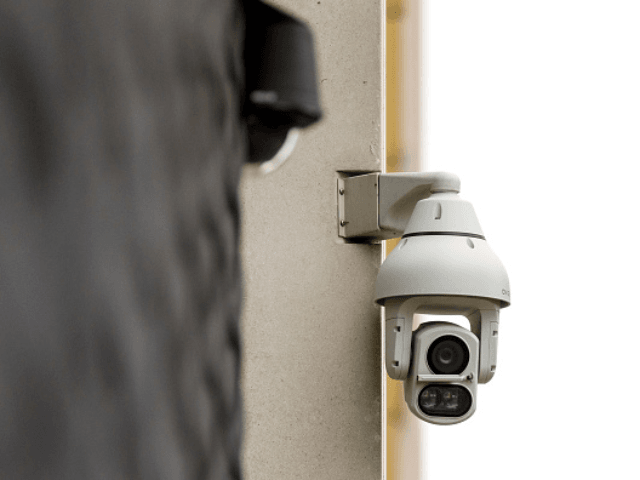Racial minorities are less likely than white people to trust facial recognition software used by law enforcement, according to a recent survey.
The survey from the Pew Research Center found that 60 percent of white Americans said they trust law enforcement to use facial recognition technology while only 56 percent of Hispanic adults and 43 percent of black adults felt the same way.
Overall, the survey found that 56 percent of Americans trusted law enforcement to use the controversial technology because of allegations that the technology misidentifies women and persons of color at higher rates.
Democrats were more likely to be skeptical of the technology than Republicans, and older people were more likely to support the technology than younger people.
The survey found that 42 percent of young people support law enforcement’s use of facial recognition technology, while 65 percent of people over 65 years old expressed support for it.
“Several groups express relatively low levels of trust in law enforcement agencies to use facial recognition responsibly— most notably black adults, younger people and those who identify as Democrats,” the pollsters wrote.
The survey comes as police departments and federal agencies are seeking to adopt these technologies into their surveillance programs. While these facial recognition tools are still being developed, some of them have already caused problems.
Breitbart News reported that Amazon’s facial recognition tool, for example, misidentified 28 congressmen as police suspects, and Reuters reported that the matches were “disproportionately people of color.”
Some cities, such as Orlando, had already been using Amazon’s facial recognition system but stopped testing it due to complaints that it could violate the civil liberties of individuals.
New York state had already adopted a facial recognition system at some of its toll booths, although the technology it used was not Amazon’s.
British police have also begun a facial recognition program within its borders that has turned out to be 98 percent inaccurate.

COMMENTS
Please let us know if you're having issues with commenting.